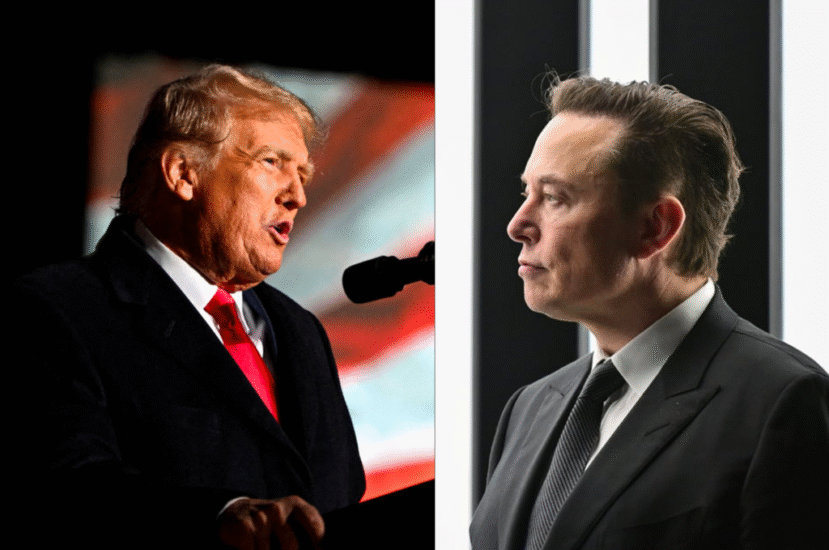In recent years, two of the most high-profile figures in American media and business—Donald Trump and Elon Musk—have had a complicated and sometimes tense relationship. While both men have expressed mutual admiration in the past, recent developments suggest a growing rift between the former U.S. President and the Tesla and SpaceX CEO. In this article, we explore the reasons behind the tension between Trump and Elon Musk, how it started, and what it means for politics, business, and tech.
1. A History of Mutual Flattery — and Friction
During Trump’s presidency, Elon Musk served on advisory councils and initially maintained a working relationship with the administration. Trump praised Musk as a “genius” and “one of our great minds,” especially for his work with Tesla and SpaceX.
However, Musk later distanced himself from Trump over environmental issues, particularly after Trump pulled the U.S. out of the Paris Climate Agreement in 2017. Musk resigned from the advisory councils, citing climate change as a critical concern. This marked the beginning of a more publicly strained relationship.
2. Differences on Free Speech and Social Media
Elon Musk’s acquisition of Twitter (now X) in 2022 was seen by many as a defense of free speech. Musk allowed controversial figures back on the platform, including Trump himself, whose account had been previously banned following the January 6 Capitol riots.
While Musk reinstated Trump’s Twitter account, the former president chose not to return, instead sticking with his own social media platform, Truth Social. This move was interpreted by some analysts as a sign of competition and divergence in goals between the two billionaires.
3. Political Aspirations and Power Struggles
One core issue at the heart of the Trump-Musk divide may be political influence. Elon Musk has hinted at his support for centrist and sometimes Republican candidates, but he has also been critical of both extremes. In 2022, Musk publicly stated that he would support Ron DeSantis for president if he ran, rather than backing Trump.
Trump, known for his loyalty-based political strategy, reportedly took this personally. He publicly criticized Musk, calling him “another bull**** artist” at a rally, and even claimed Musk had begged for government subsidies—something Musk denied.
4. Clashing Egos and Billionaire Branding
Both Trump and Musk are known for their larger-than-life personas and their ability to dominate headlines. But having two such personalities in the same spotlight inevitably leads to conflict. Trump’s aggressive political style contrasts sharply with Musk’s tech-centric, often libertarian views.
The tension could also stem from branding conflicts. Trump positions himself as the ultimate outsider and America-first patriot, while Musk promotes a future-facing, globalist vision through ventures like Tesla, SpaceX, and Neuralink.
5. Business vs Politics: A Fundamental Divide
Trump, a real estate magnate turned politician, focuses on populist messaging and U.S. economic policies. Musk, while also an entrepreneur, tends to avoid traditional political categories. His views span across parties—from supporting universal basic income to opposing certain COVID-19 mandates.
This ideological mismatch has caused friction, especially as Musk’s growing influence in tech and media puts him in direct conversation—and sometimes in competition—with political figures like Trump.
Conclusion: The Future of the Trump-Musk Relationship
The fallout between Donald Trump and Elon Musk is a complex web of politics, ego, business rivalry, and ideological clashes. While both men command enormous followings, their divergent visions for America—and the future—may continue to fuel conflict. As the 2024 presidential election approaches and Musk’s influence in media and politics expands, this feud is one to watch closely.

Leave a comment